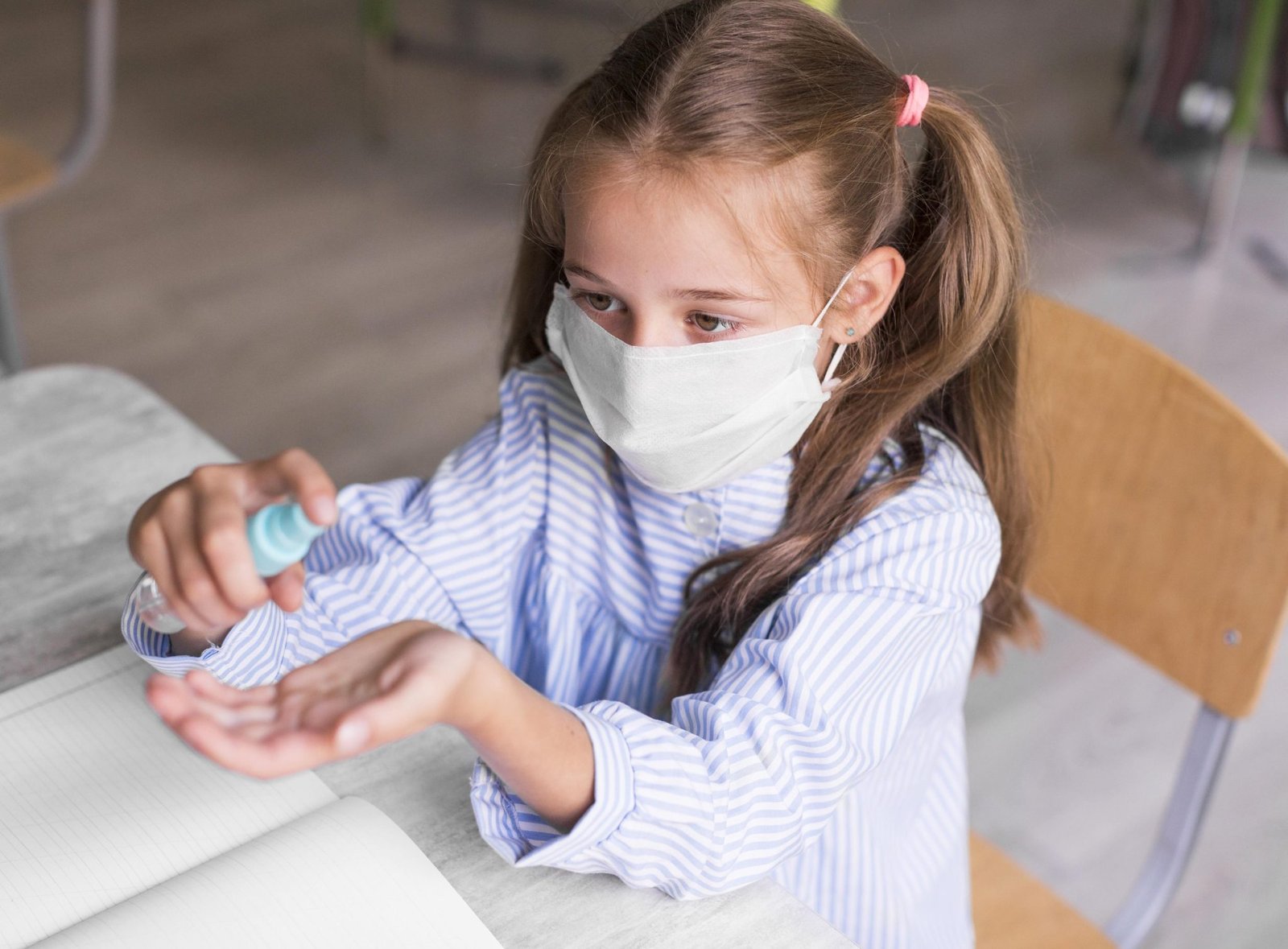Teaching children about hygiene is an essential aspect of their overall development. By instilling good hygiene habits at a young age, we equip them with the tools to lead healthy lives and prevent the spread of germs and illnesses. In this article, we will explore the importance of hygiene training in kids, effective strategies for teaching hygiene practices, and the lifelong benefits it brings.
Why is Hygiene Training Important?
Hygiene training lays the foundation for a lifetime of good health. Children are naturally curious and love to explore their surroundings, often coming into contact with germs and bacteria. By teaching them proper hygiene practices, we empower them to protect themselves and others from harmful pathogens. Additionally, practicing good hygiene helps prevent the spread of infectious diseases, which is especially important in school and community settings.

Effective Strategies for Teaching Hygiene Practices:
Start Early: Introduce hygiene habits as early as possible. Even toddlers can begin learning simple practices like handwashing and oral hygiene. By making it a regular part of their routine, they will develop a natural inclination towards good hygiene habits.
Lead by Example: Children are keen observers and tend to imitate their parents and caregivers. Set a positive example by practicing good hygiene yourself. Let them see you washing your hands, brushing your teeth, and maintaining cleanliness in your surroundings. Your actions will serve as a powerful teaching tool.
Make it Fun: Turn hygiene training into an enjoyable and engaging experience. Incorporate games, songs, and storytelling to make learning about hygiene exciting for children. Use visual aids, such as posters or charts, to illustrate the steps involved in various hygiene practices.
Explain the “Why”: Help children understand the reasons behind hygiene practices. Explain to them that washing hands removes dirt and germs, brushing teeth keeps them healthy and strong, and keeping their surroundings clean prevents the spread of illness. By providing explanations, they will develop a deeper understanding and motivation to maintain good hygiene.
Practice Consistency: Consistency is key when teaching hygiene habits. Establish a daily routine that includes specific times for handwashing, teeth brushing, and other hygiene practices. Reinforce the importance of consistency and make it a non-negotiable part of their daily lives.
The Lifelong Benefits of Hygiene Training:
Disease Prevention: Good hygiene practices are fundamental to preventing the spread of diseases. By teaching children to wash their hands regularly, cover their mouths when coughing or sneezing, and maintain cleanliness, we reduce the risk of infections and illnesses.
Personal Care and Confidence: Hygiene training helps children develop a sense of personal care and responsibility for their well-being. When they learn to take care of their bodies, they gain confidence and self-esteem. Proper grooming and hygiene habits also contribute to their overall appearance and social interactions.
Improved Physical Health: Practicing good hygiene contributes to better physical health. Regular handwashing helps eliminate harmful bacteria and viruses that can cause illnesses like colds, flu, and gastrointestinal infections. Oral hygiene habits, such as brushing and flossing, reduce the risk of dental cavities and gum diseases.
Social Awareness and Empathy: Hygiene training promotes social awareness and empathy. Children learn that their actions can impact the health and well-being of others. They understand the importance of not spreading germs and the significance of practicing good hygiene in public spaces and shared environments.
Lifelong Habits: The habits we develop in childhood often carry into adulthood. By teaching children good hygiene practices, we set them on a path toward lifelong habits that promote health and well-being. These habits become ingrained in their daily routines, ensuring they continue to prioritize hygiene throughout their lives.
About Author
Asmita comes from a botany background. She established a leading millet brand 7Millets in the year 2017 for the Indian market. 7Millets products are now available on Amazon, Flipkart, BigBasket and on www.7Millets.com. She loves to speak & guide on sustainable farming practices and the ideal journey of a women-owned business brand in India. 7Millets has recently introduced sugar-free Dhokla, Idli, Pongal & Dosa premix which are popular products among the health-conscious community.
To know more about millets visit www.7millets.com





